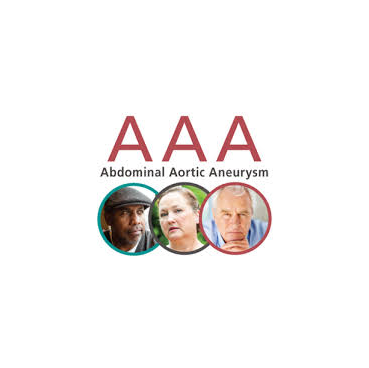Abdominal Aortic Aneurysm Screening

An Abdominal Aortic Aneurysm (AAA) is a non-invasive ultrasound in which is visualizing the lining of the blood vessel called the aorta is enlarged within the abdomen. Abdominal aortic aneurysms pose a threat because they are usually silent until a medical emergency occurs.
How to prepare for your test:
Do not eat or drink nothing past midnight the night before.
Frequently Asked Questions
- Who should have an aortic aneurysm screening?
- How often should I get an aortic aneurysm screening?
- How do I prepare for an aortic aneurysm screening?
- Warning signs
Who should have an aortic aneurysm screening?
Anyone with risk factors.
How often should I get an aortic aneurysm screening?
Annually
*Recommended guidelines only. Consult with your physician.
How do I prepare for an aortic aneurysm screening?
- Wear a comfortable, loose-fitting, two-piece outfit
- Fast for four hours prior to your screening
- Make sure the meal you eat four hours prior to your screening is a light one (less than half of what you normally eat of non-gassy food)
- If you are thirsty during your fasting period, you may have half a cup of coffee or tea and a moderate amount of water
- If you take medication, take it as prescribed
- If you are diabetic and are not comfortable fasting for four hours, please limit yourself to a “diabetic meal” (piece of toast, one cup of any kind of juice and a half of a cup of coffee or tea).
- If you are in doubt, please follow your diabetic care plan.
Warning signs
Many people with abdominal aortic aneurysm do not experience symptoms; these are the most common warning signs:
- Intense back or abdominal pain
- Rapid pulse
- Nausea and vomiting
- Excessive sweating
- Shock
- Risk factors
- High blood pressure
- Smoking
- High cholesterol
- Obesity
- Emphysema
- Genetic factors
- Gender (males have a higher risk)
